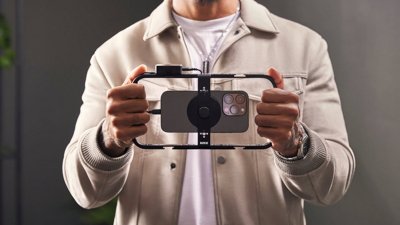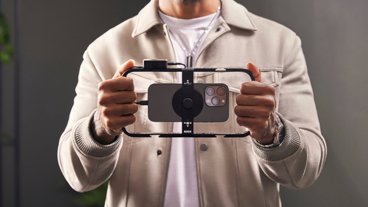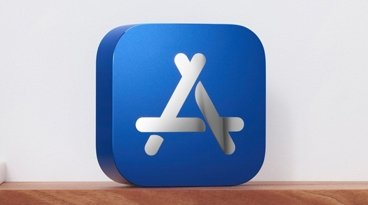Attorney General Barr demands Apple unlock iPhones in Pensacola shooting
US Attorney General William Barr has publicly asked Apple to unlock a pair of iPhones used by the gunman who killed three people in Pensacola, Florida in December, complaining Apple has so far provided no "substantive assistance" to the investigation.
The public request by Barr on Monday follows a similar demand by the FBI six days prior, when Apple was asked to help unlock two iPhones thought to be owned by Mohammed Saeed Alshamrami. Alshamrani is suspected to be the shooter at an attack on the Naval Air Station in Pensacola, Florida last month.
The FBI has been granted permission to search the devices, but has sought Apple's assistance in unlocking the smartphones, including one that was reportedly shot by its owner, in a bid to find more evidence. Apple declined to provide more help beyond what it has already given the investigation, as it would effectively undermine the security of its hardware and software.
Apple has provided no "substantive assistance" to the investigation according to Barr, reports the New York Times. So far, Apple has provided access to data from the gunman's iCloud account, but not anything stored locally on the iPhones that may differ from the iCloud data — as it does not have that information.
According to Justice Department officials, access is required so investigators can see messages sent via encrypted messaging services, to determine if he worked alone or with others.
Barr declared the attack an act of terrorism, citing the shooter's motivation "by jihadist ideology." This included inflammatory social media posts just before the attack took place, as well as marking the anniversary of the September 11 attacks warning "the countdown has begun," and a visit to the 9/11 memorial in New York at Thanksgiving.
The public plea also contained a continuation of the encryption debate, with Barr urging "This situation perfectly illustrates why it is critical that the public be able to get access to digital evidence." Barr has previously waded into the debate, calling for the creation of backdoors that somehow do not weaken encryption, yet still provide access for law enforcement officials.
Apple has yet to comment on the latest statement from Barr. AppleInsider has reached out for comment.
For the FBI request, Apple advised it had the "greatest respect for law enforcement, and have always worked cooperatively to help in their investigations." The Statement added "When the FBI requested information from us relating to this case a month ago, we gave them all of the data in our possession and we will continue to support them with the data we have available."
Continued Encryption Struggle
The FBI and other security agencies have previously sought the assistance of third-party firms in earlier investigations involving iPhones. Most famously, this includes when the FBI hired Cellebrite to unlock the iPhone of the gunman involved in the San Bernardino case.
In December 2015, a terrorist attack in San Bernardino resulted in the deaths of 14 people. An iPhone 5C belonging to one of the attackers was recovered but was locked. In February 2016, a Federal judge ordered Apple to unlock a gunman's iPhone 5C but Apple refused the order. As with this latest request, Apple offered all the data that it had, but refused to create a backdoor into its iOS encryption.
Tim Cook later said he had hoped the case would go to trial with the DOJ in order to publicly raise all of the security and privacy issues.
The FBI ultimately hired a third-party company, believed to be Cellebrite, to break into the phone. The agency was reported to have spent $900,000 but wouldn't confirm if useful data was recovered.
However, separate law enforcement sources later said that the iPhone had yielded no pertinent information.
Since the San Bernardino case, Apple has created a page on its website specifically for law enforcement officials to request what data the company has.
Apple also said that it was working to train law enforcement on the issues surrounding such cases.
"We are building a team of professionals dedicated to training law enforcement officers globally, which will significantly increase our ability to reach smaller police forces and agencies," said Apple at the time. "This will include the development of an online training module for officers. This will assist Apple in training a larger number of law enforcement agencies and officers globally, and ensure that our company's information and guidance can be updated to reflect the rapidly changing data landscape."
 Malcolm Owen
Malcolm Owen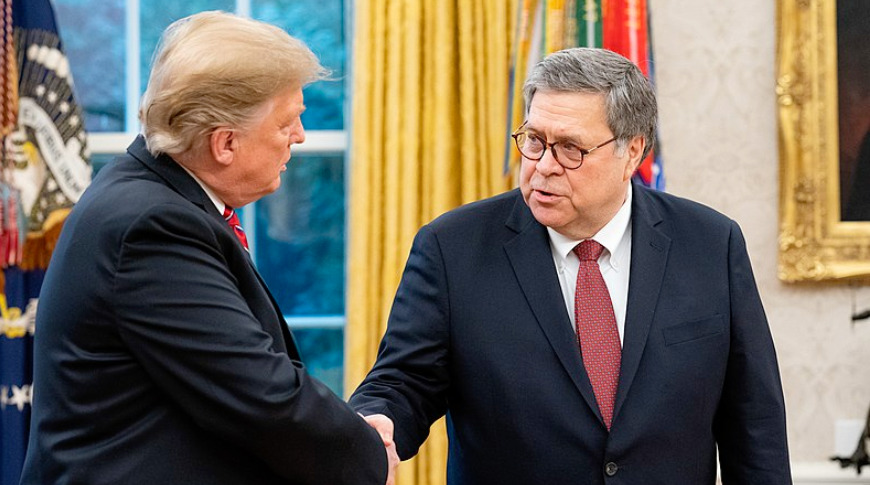


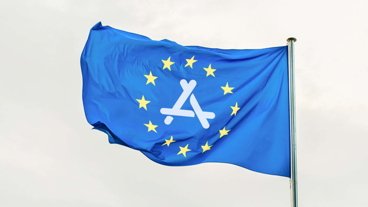
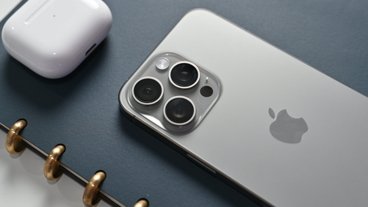
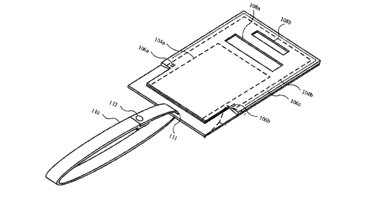





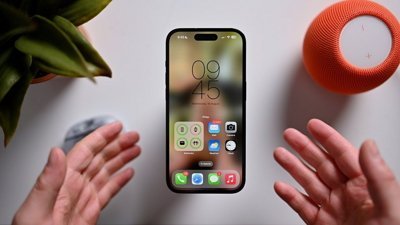
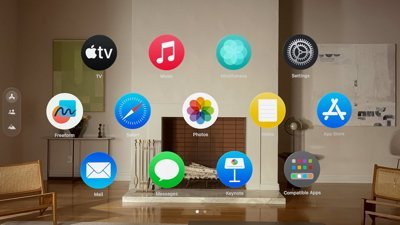
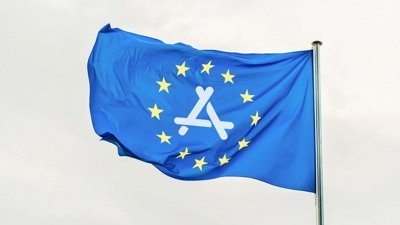
 William Gallagher
William Gallagher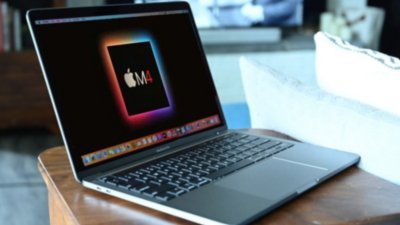
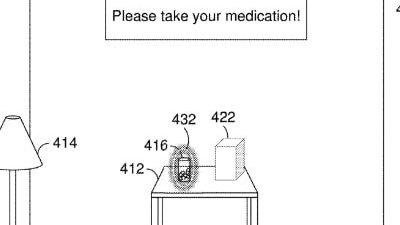
 David Schloss
David Schloss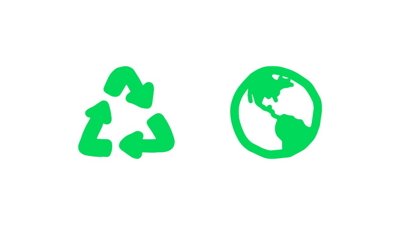
 Amber Neely
Amber Neely
